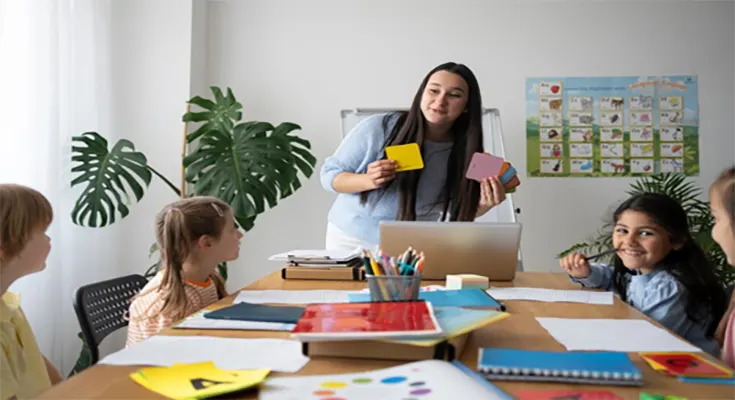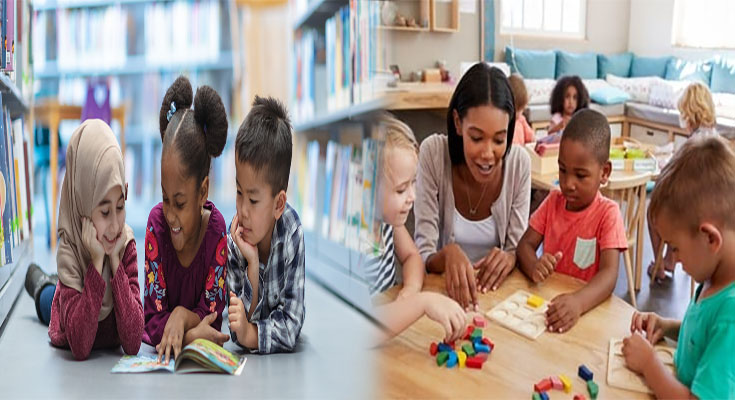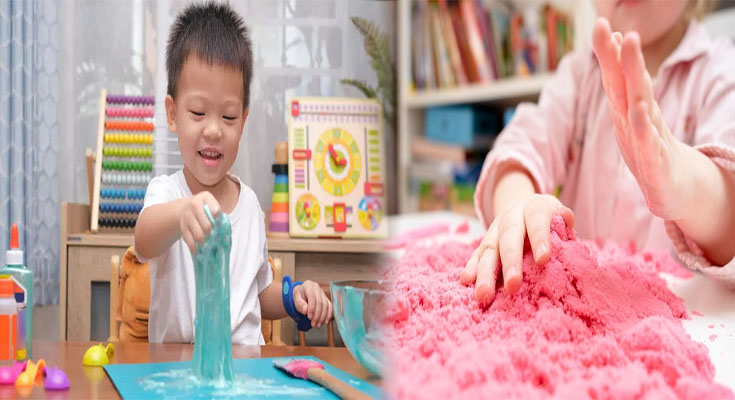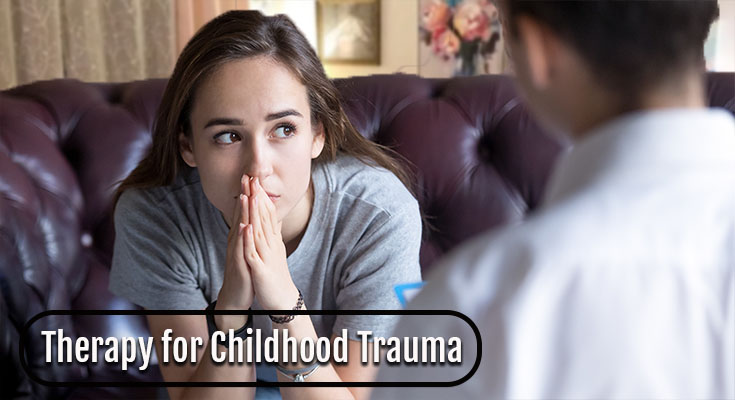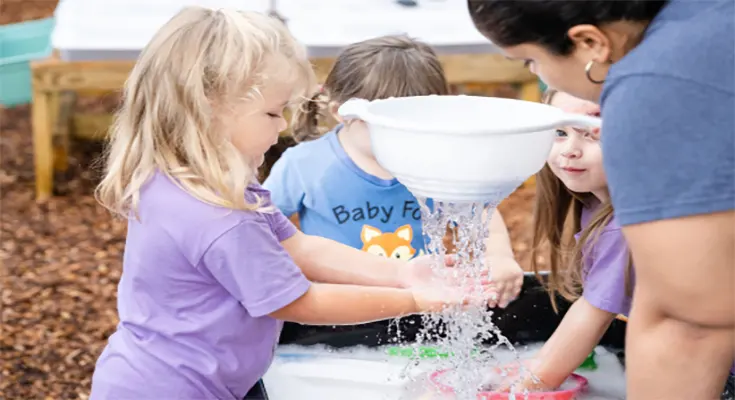
How Many Years of Preschool is Really Needed by a Child?
Preschool is a crucial part of a child’s development. It prepares them for kindergarten and life beyond. Most parents are in agreement that preschool is important, but the question of how many years a child needs to attend preschool often arises. Answers vary depending on a number of factors including age, stage of development, and the individual needs. Parents can make informed decisions if they understand the benefits of preschool.
Understanding the purpose of Preschool
Preschool is a bridge that connects home to kindergarten. It offers children a place where they can learn essential skills, in a playful and structured environment. These programs usually focus on:
- Social and emotional development: Learn to share, cooperate and express emotions in a proper manner.
- Cognitive growth: Develop early literacy and numeracy skills, as well as problem solving abilities.
- Motor Skills: Improvement of fine and gross motor skills through structured play.
- Language Development: Improve


